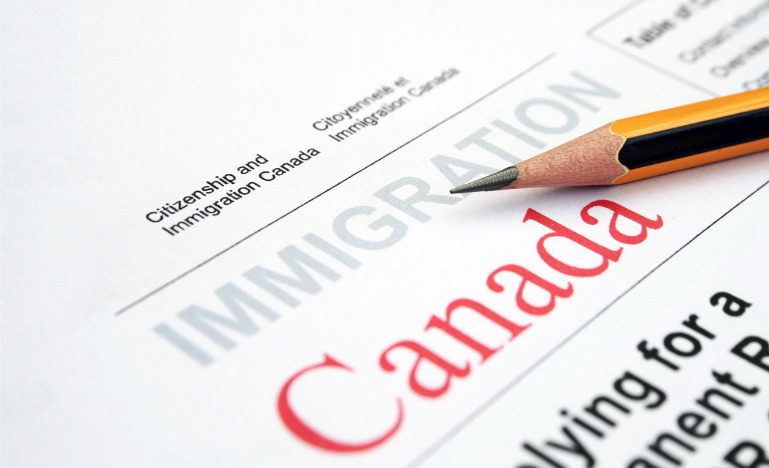Filling gaps in legal aid funding for refugees and immigrants
Canada's governments need to show more leadership.

When the federal government announced an additional $26-million for legal aid funding for refugees and migrants in August, it was responding at least in part to a call from the Immigration Law sections of the CBA and OBA to fill a funding gap in the province of Ontario.
In July, the Sections wrote to the federal ministers of Finance, Immigration and Justice calling on the government to fulfil “Canada’s commitment to humanitarianism and the rule of law, and a belief that an investment in people pays dividends in industrious communities, an inclusive culture and peaceful, prosperous future.”
The Sections note that legal aid often offers the only chance for refugees to present their case in an efficient and meaningful way. Without it, many will be left with no choice but self-representation, which presents its own costs and burdens on an already overwhelmed system.
“Most alarmingly, without prompt and effective legal representation, refugee claimants are exposed to the risk of deportation where their lives may hang in the balance. The consequences are real and cannot be overstated.”
Underfunding such an important access point to justice also risks undermining faith in the system at all. That’s why the CBA’s #LegalAidMatters campaign is calling for stable, sustainable legal aid funding in general across the country.
“Federal, provincial and territorial governments all have a responsibility to show leadership to this end,” the Sections say.
“A person’s rights should not be infringed simply because he or she cannot afford meaningful access to the justice system.”


